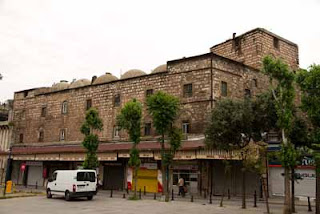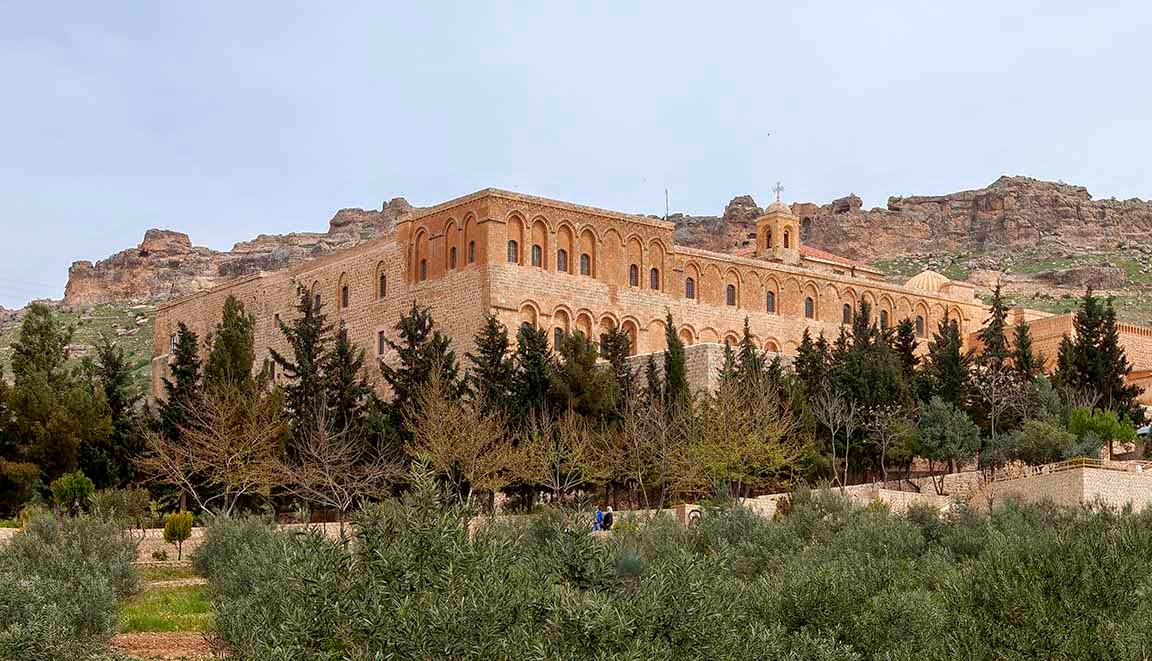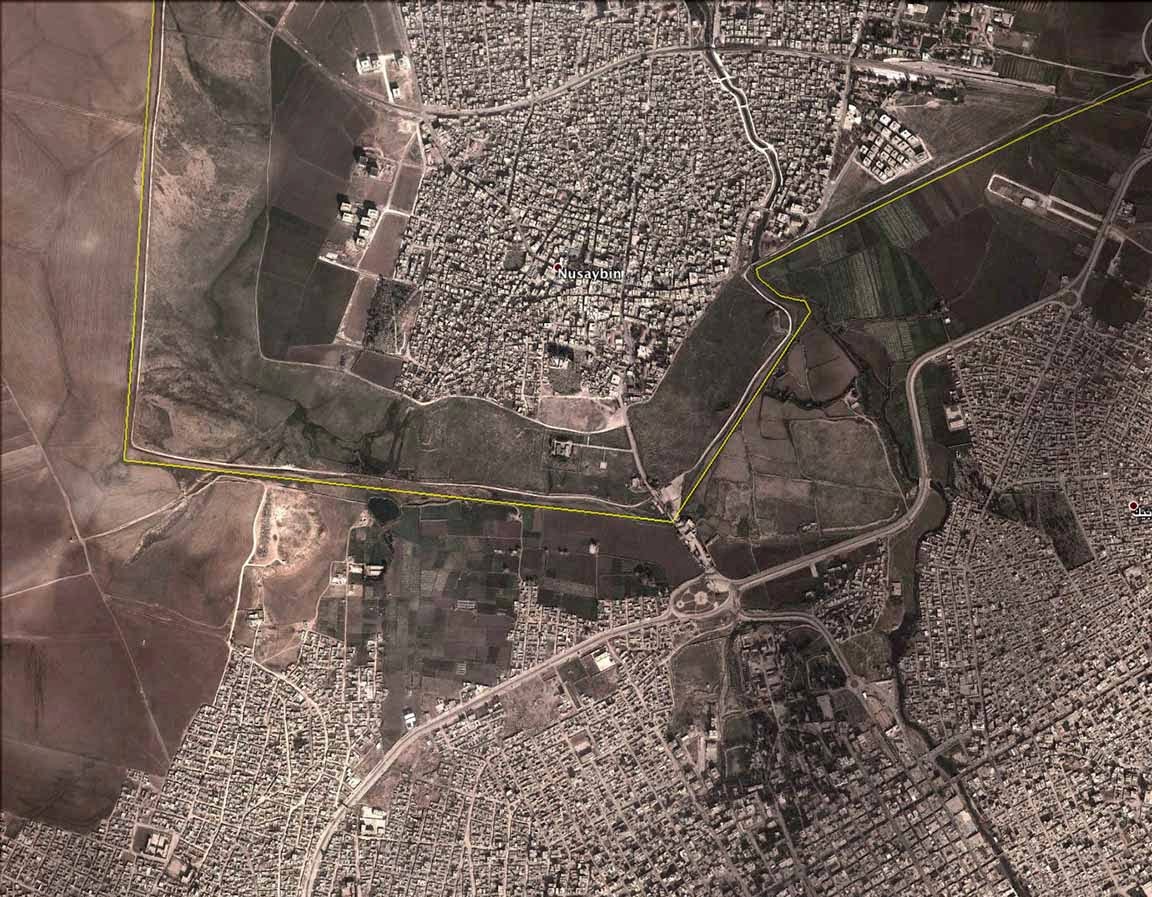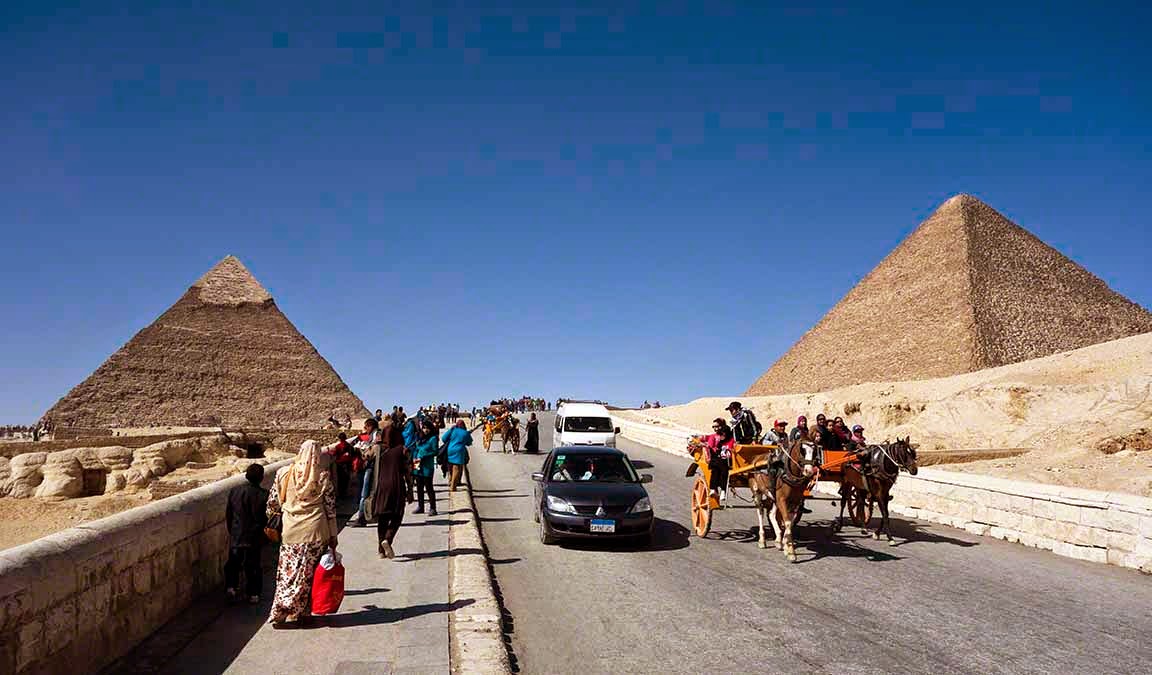Turkey | Istanbul | Vezir Han
During my last sojourn in Istanbul I wandered through numerous Caravanserias in The Neighborhood of the Grand Bazaar. The door to the Vezir Han, one of Istanbul’s biggest hans, or caravanserais, at the corner of Vezirhan Street and Divan Yolu, was closed that day, however, and I was not able to peek inside. My first free day back in the Red Apple I ventured up Divan Yolu for another look. This time the door was open.
Three story exterior of the Vezir Kan
A long gallery leads through the outer facade of the caravanserai to the inner courtyard, surrounded by a two-story gallery.
Galley leading through outer and inner walls to the courtyard
Two-story Inner Arcade
This caravanserai dates to the 1630s and thus may have caught the very tail end of the Pax Mongolica which had once again opened the Silk Road from Xian in China to Istanbul. These caravanserais served both as hotels were merchants could stay and warehouses and storerooms for the goods they had brought with them to sell. Many of the goods they had were probably sold to wholesalers right on the premises. In the big open courtyard, here at the Vezir Han over 200 feet square, camels and horses were uploaded of their goods and tied. In the middle of the courtyard there was often a small mosque, absent here, unless it was once in the little building which now houses a cafe for local tradesmen and workers. The first floor of the surrounding building had windowless rooms used as storage rooms and stables. Staircases led to the second floor where merchants stayed in rented rooms.
Staircase leading to rooms on the second floor
A corner of the courtyard
It was early in the morning on a weekday and there was not a single person in the courtyard. Despite all the traffic outside on busy Divan Yolu it was uncannily quiet here within the enclosed precincts of the caravanserai. I sat down on the stone steps at the inner of the entranceway and soon fell into a revelry. In my mind’s eye it was night and a balsamic moon hung in the sky over one of the corners of the caravanserai. In the courtyard were twenty camels still tied in a string. They brayed and snorted at the camel men shouted at them, making then kneel down, first on their front knees, and then slowing bending their back legs into a full siting position. The camel men quickly unlashed their loads, huge wooden boxes and leather packs, and other men carted the baggage into the storage rooms. Under one of the arched openings in the second floor facade stood the merchant who had organized the caravan, which came from the old city of Xacitarxan, near current day Astrakhan, on the Volga River north of the Caspian Sea, in the kingdom of Khazaria. Beside him stood the caravan boss, shouting orders at the baggage handlers down below. Most of the goods had come from farther east, however, and had only be trans-shipped from Xacitarxan. There were bundles of incredibly fine wool known as targhu, made from the wool of white camels, each length worth fifty or more dinars, which had originated from the desert steppes north of the Gobi-Altai Mountains in Mongolia and had traveled south, passing by Amarbuyant Monastery and Shar Khuls Oasis before crossing the Black Gobi and linking up with the main trunk of the Silk Road at Anxi. Other big boxes were stuffed with bundles of tightly rolled Atlas Silk from Khotan on the southern edge of the the Tarim Depression in East Turkestan. Huge tightly stitched leather bags held bags of the legendarily sweet and flavorful honey from the lush Ili Valley, north of the Tian Shan. There was much else and it would take all night to sort and store the goods.
Meanwhile the tantalizing aroma of cumin-seasoned mutton grilled over hot coals drifted through the courtyard, managing even to overpower the smell of camel dung. The merchant and caravan man retired to one of the small dining rooms and drank green tea and ate the mutton along with rice seasoned with Iranian saffron. News of their arrival had reached the merchants of the nearby Grand Bazaar, one of the largest trade emporiums in the world, and a few men had already slipped into the dining room and were inquiring about their goods, hoping to beat out their competitors who were already fast asleep. It was going to be a long night.
Meanwhile the tantalizing aroma of cumin-seasoned mutton grilled over hot coals drifted through the courtyard, managing even to overpower the smell of camel dung. The merchant and caravan man retired to one of the small dining rooms and drank green tea and ate the mutton along with rice seasoned with Iranian saffron. News of their arrival had reached the merchants of the nearby Grand Bazaar, one of the largest trade emporiums in the world, and a few men had already slipped into the dining room and were inquiring about their goods, hoping to beat out their competitors who were already fast asleep. It was going to be a long night.
A motorcyle with a big bundle of carpets draped on the bumper behind the driver roared into the courtyard, interrupting this nostalgic vision. The scene I had conjured up had been so real that I could almost believe that I had been here long before and witnessed it myself. Shaking off this fantasy I went outside and treated myself to a Turkish coffee with sugar. It was only seven in the morning and I had a long day ahead of me.
Vezir Khan








